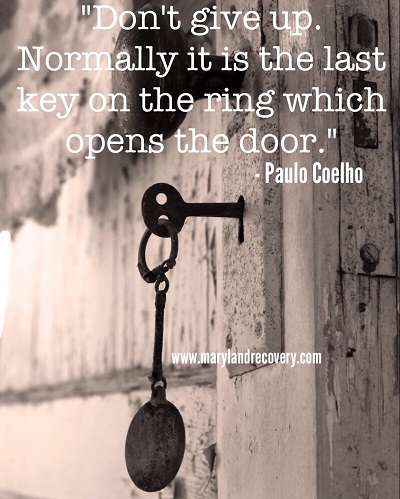October is National Depression Education and Awareness Month, and it’s the perfect time to shine a light on what has been called “the common cold” of mental illness. Depression affects more than 19 million Americans each year. This figure includes the following types of depression:
- Major depressive disorder (also called major depression or clinical depression)
- Manic depression (called bipolar disorder)
- Dysthymia (a milder, but long-term type of depression)
How Does Depression Affect A Person?
Have you ever heard someone remark casually, “Oh, I’m so depressed….”? They may be referring to something other than depression. Depression is not the same as feeling sad or blue. It is not grief, although someone who is grieving may experience it while they mourn a loss.
Depression is a medical condition that has an impact on a person’s daily life. It interferes with someone’s ability to eat, sleep, work and even concentrate. Depression robs sufferers of their ability to hobbies and activities that they previously enjoyed.
Signs And Symptoms Of Depression
 Just about everyone has thought or felt one or more of the following signs and symptoms of depression from time to time. If several of the signs on this list seem familiar to you or about someone you love and are persistent, please seek help from a physician. If you are having thoughts about self-harm, go to your nearest Emergency Room immediately.
Just about everyone has thought or felt one or more of the following signs and symptoms of depression from time to time. If several of the signs on this list seem familiar to you or about someone you love and are persistent, please seek help from a physician. If you are having thoughts about self-harm, go to your nearest Emergency Room immediately.
- Feeling sad, anxious or “empty”
- Irritability or restlessness
- Hopelessness or pessimism
- Feeling guilty or worthless
- Lack or interest or pleasure in former hobbies or interests
- Fatigue or lack of energy
- Trouble concentrating, remembering or making decisions
- Trouble getting to sleep or staying asleep
- Lack of appetite or overeating
- Headaches, digestive disorders or chronic pain that does not respond to treatment
- Suicidal thoughts
Self-Medicating Depression
Self-medicating is never a good idea to “treat” depression. Some people, in an effort to feel better, turn to drugs or alcohol to deal with their symptoms. This will not help to treat the underlying problem, and usually make it worse.
Treatment Options For Depression
The good news is that depression is treatable. There are several types of antidepressant medications available, and it does take several weeks to determine whether a particular medication is working. Patients who have been prescribed a medication are advised to be patient and to give the medicine some time before concluding that it is not helping before asking to switch to something else.
Talk therapy is also used to treat depression and it can be started immediately upon receiving a diagnosis (as long as a therapist can be found). There are no side effects and individual results will vary.
Many people report getting good results with a combination of medication and seeing a therapist for their depression.
Fully Qualified Dual Diagnose Treatment Center
At Maryland Recovery, we are a fully qualified dual diagnose treatment center that treats individuals suffering from a co-occurring condition (mental illness and addiction). The medical specialists at our dual diagnosis rehab in MD have the experience to treat both conditions concurrently. We will work with you to create a custom treatment plan that is based off of your individual needs and goals.
If You Are Looking For Effective Addiction & Mental Health Treatment
– Call Us Now!
Reviewed by Christopher Schwartfigure MS, LGPC, CAC-AD








